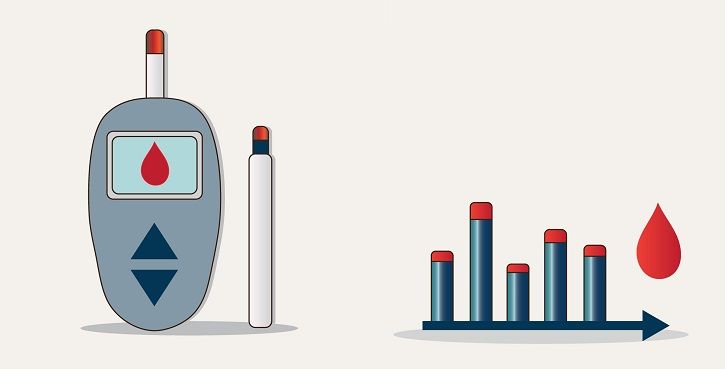mySugr Announces Study Results as Roche Lauds Expanded Partnership
The app maker announced results from a study that reinforce the potential of telehealth as a tool to help patients manage blood sugar.

At the International Conference on Advanced Technologies & Treatments for Diabetes in Paris yesterday, app maker mySugr announced encouraging results from a study that vouch for their apps’ potential as a tool to help patients manage their blood sugar.
The growing company makes mHealth apps, like its signature Logbook, that allow users to track their blood glucose throughout the day, as well more recent projects, like Coaching, launched in October 2016 and intended to provide individualized education.
The new study monitored 440 patients, randomly selected, over a six-month period. The patients were all deemed “high risk,” “as defined by having an estimated A1c above 8% at baseline.” The patients were instructed to use the Logbook app to monitor their own levels through the day.
After one month a noticeable drop was observed, and after the full six months the results were sizable: “Baseline BG-results were 210.75±69.36 mg/dl…dropping to 173.08 ±63.26 mg/dl — a reduction in mean of 17.88% (p<0.0001), in SD of 8.79% (p<0.005).” In conventional conversion, they equated this to a 1.3% drop in eA1c (9% to 7.7%).
The findings are positive, but there still remains a need for full, prospective clinical studies on the app’s capabilities as a health tool, which the company acknowledges, though they believe their results would look even better if patients had augmented Logbook with the other apps in their portfolio.
On the same day as the announcement, pharma giant Roche announced a furtherance of their collaboration with the app company. The two came together almost two years ago, with mySugr announcing it had raised nearly $5 million from Roche Ventures and iSeed Ventures in March of 2015. The announcement was light on new details, beyond mentioning the partnership’s intent to “broaden access to digital health solutions for people with diabetes.”
mySugr, which is quite particular about the capitalization in its brand name, claims to engage over 900,000 users across its fleet of applications, a number that has grown steadily since its founding in 2012.
The benefit for Roche comes from integration: the new generation of its ubiquitous line of Accu-Chek blood glucose monitors are all able to sync with the apps in order to allow users to directly and quickly upload accurate blood glucose data. As mySugr’s reach grows, so too may the appeal of Roche’s monitors.
Podcast: Adoption of Healthcare Tech in the Age of COVID-19 with Dr Kaveh Safavi
June 22nd 2021Kaveh Safavi, MD, JD, global health lead of Accenture Health, discusses how the pandemic influenced the speed at which healthcare organizations adopted new technologies and how this adoption is impacting patient care.